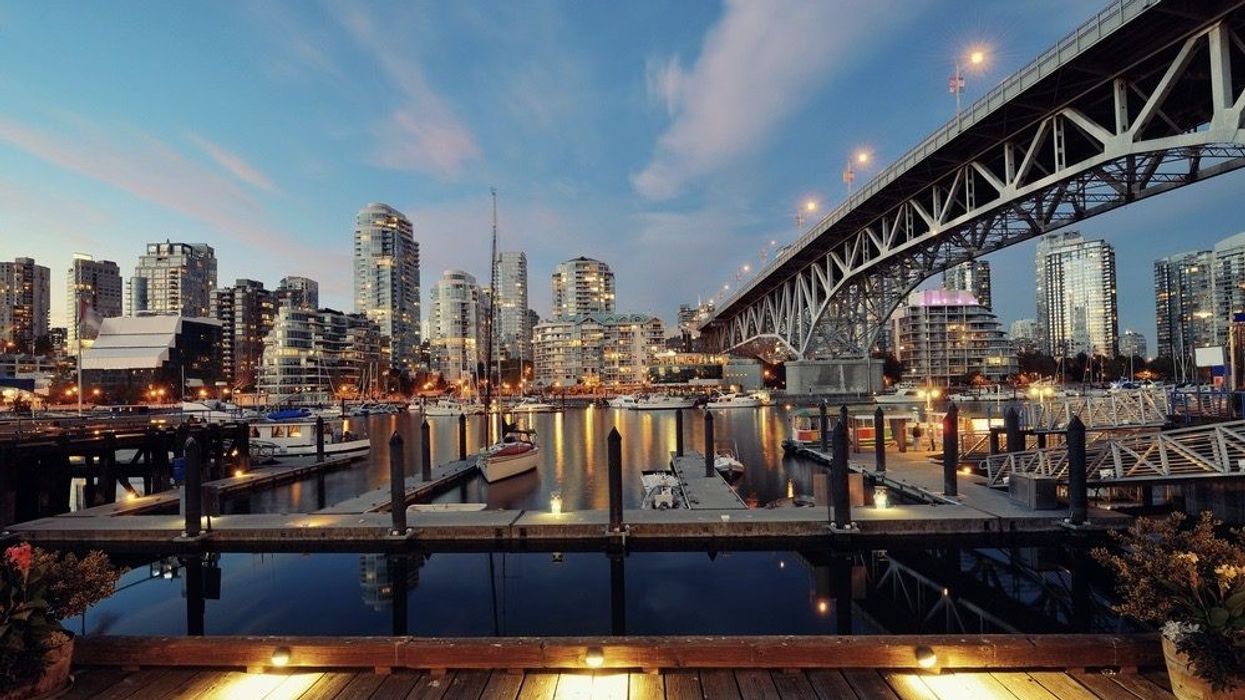Small businesses in British Columbia are used to short shrift from provincial and municipal tax regimes, so it’s only fitting, then, that they receive a lump of coal as an early Christmas present.
Commercial properties in BC are subject to highest and best use taxes, which essentially means that if a single-storey building is zoned for additional density -- say, three, four or five storeys -- then the single-storey occupant is effectively taxed on air. And because triple-net leases bind commercial tenants, they pay the taxes, not the landlords.
The residential tax rate in Vancouver last year was $3 for every $1,000 (3 mills) of assessed value, well below the commercial rate of $10 for every $1,000 (10 mills) of assessed value. There are nine property classifications in BC; Class 1 is residential and Class 6 is commercial. BC Assessment had for years allowed a class split, which reduced the tax burden borne by merchants.
But BC Assessment recently revoked the class split, and Ryan Tung, Principal, Property Tax Complex at Ryan ULC Vancouver, says certain properties that were classified as both Class 1 and Class 6 are now entirely the latter, meaning their taxes are slated to surge.
“At least before when that air space was classified as residential, there was more fairness because it was taxed at a 3.5 times lower rate, but now it’s removed,” Tung said. “The government offered a one-year remission as long as you had a business going, so you were effectively paying 3 mills, but now you pay the 10 mills commercial rate. BC Assessment hasn’t solved the problem; it’s made it worse, permanently.”
In exchange for its revocation, the provincial government is exempting businesses from having to pay the School Tax, which comprises around 40% of all commercial taxes, but only for one year.
Murray Fraser, owner of The Boardroom, a snowboard and surfboard shop in Vancouver, would have seen a 35% year-over-year increase in property taxes in 2022, rising to $61,634 from $45,745 this year, if it weren’t for the School Tax exemption. But come 2023, the store’s taxes could conceivably shoot up.
“A 35% increase in property taxes places a massive burden on my business,” Fraser said. “I have run my own business for over 30 years and the growing burden on local, independent business, whether it be payroll taxes or more property taxes, is totally unsustainable. Business operators such as myself have had to cut back on space, hire fewer staff and take other cost-cutting measures just to stay afloat. Surely it is time for government to stop gouging property taxes on properties such as this.”
Tung says a 35% upsurge to a business’s overhead would create immense pressure to sell additional products, and one has to consider that it might not be so easy in light of ongoing supply chain bottlenecks, as well as the recent floods.
He also says the web of taxes has created unintended consequences. For example, until recently, the Speculation and Vacancy Tax had been applied to empty air. Ryan ULC is working on behalf of the Business Tax Alliance, which represents over 10,000 commercial taxpayers in the province, and may fight BC Assessment’s decision.
“Taxes won’t go back down because BC Assessment is not going to apply a class split,” Tung said, adding that a 2014 Supreme Court decision protected the class split. “The only way it will go back down is if we go fight this and we get a decision that will probably go all the way up the courts again, where BC Assessment is directed to reinstate the class split, but otherwise BC Assessment has already made up their minds to remove this class split, so I don’t see why, in ensuing years, they’d put it back on.”





















